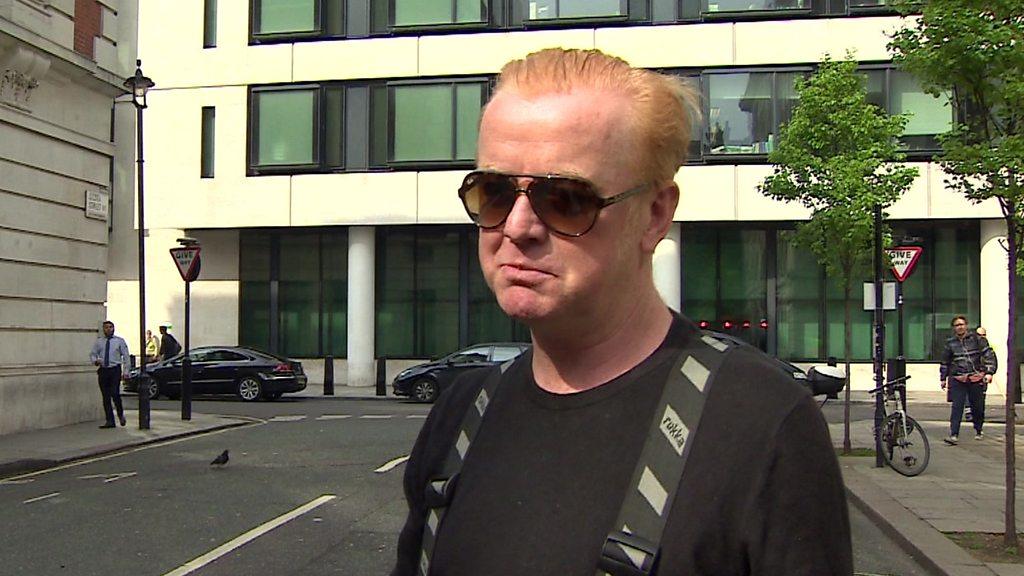Doom-mongers wrong-footed over BBC changes
- Published
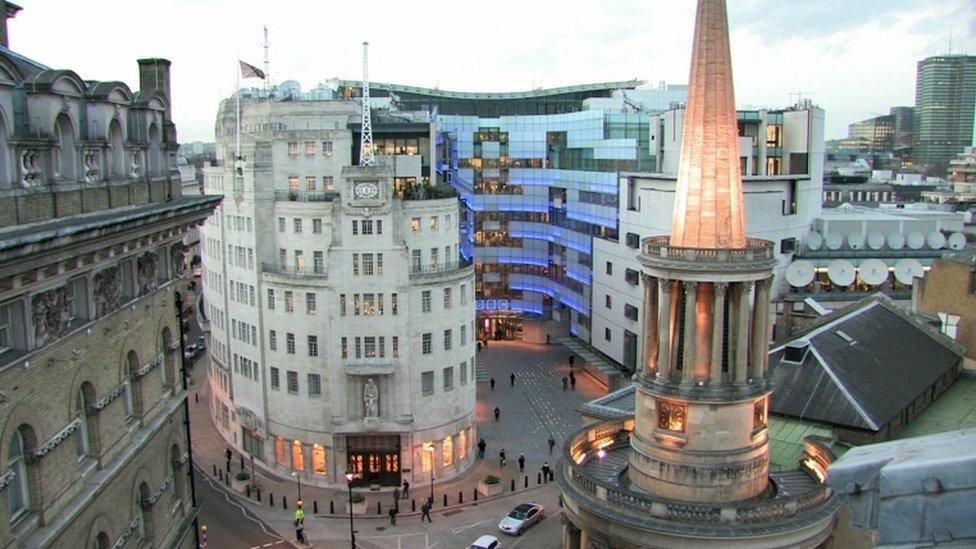
There are still concerns over the BBC's future independence
Poor John Whittingdale. He stands up in the Commons to announce the publication of a highly detailed set of proposals for the BBC's future, which, it seems, enjoy broad support - most importantly from the BBC - and instead of congratulating him on a statesmanlike compromise, his Labour shadow, Maria Eagle, attacks him for lacking the courage of his convictions.
In recent months - indeed, ever since Mr Whittingdale's appointment as culture secretary after the election last year - newspaper readers have been primed to expect root-and-branch changes at the BBC:
It would be cut down to size
Its ability to dominate the markets in which it operates, squeezing commercial rivals already struggling as viewers, listeners, readers, subscribers and advertisers desert them, would be checked
It would even, according to one recent leak, be stopped from running ratings blockbusters such as Strictly Come Dancing in Saturday prime time
Yet none of that came to pass.
Critics of the licence fee as a way of paying for broadcasting, and of the BBC itself, had thought Mr Whittingdale was their man.
They probably feel rather short-changed.
Most of his "wilder proposals", Ms Eagle told the Commons, "have been watered down or dumped or delayed by the government of which he is a member".
"There is no point him denying that he has been overruled by the prime minister and the chancellor," she added.
If she is right, the reason, presumably, is because David Cameron has no desire to stoke a new political row when he is already having to deal with divisions in his own party over the European referendum.
White Paper: Future of the BBC, external
BBC must focus on 'distinctive content'
BBC charter renewal: Key points at-a-glance
Q&A: White Paper on the BBC's future
Video: Culture Secretary announces BBC overhaul
Conservative attitudes to the BBC vary widely - from those, including Mr Whittingdale, who believe in the primacy of markets and dislike the BBC because it is not subject to market mechanisms and is funded by a licence fee he once described as "worse than a poll tax", to those more pragmatic Tories who see an organisation that produces very popular programmes, enjoys wide support from viewers and listeners, brings the nation together and is widely admired abroad, and think if it ain't broke, it is a bad idea to try to fix it.
Little fundamental change
So, for an exercise billed as a far-reaching reform, what is striking about the proposals in the 130 pages of the White Paper is how little will change fundamentally.
The licence fee remains, indexed to inflation rather than frozen as it has been for the past five years.
It will still be a criminal offence not to pay it, and it will be extended to cover the growing numbers of people who watch the BBC's iPlayer catch-up service rather than live television broadcasts, though it is not yet clear exactly how that will work: that is one for the BBC itself to sort out, apparently.
The Culture Secretary announced plans for a major overhaul of the BBC, while his shadow counterpart suggested he "keep his nose out" of it
There will be more "transparency", notably over how much top talent is paid - though even here the original idea of naming everyone paid more than £150,000 has gone, with the threshold now set at £450,000.
But there is no suggestion the BBC should be told to do less or close services or sell commercial assets.
Nonetheless, there is one area in which the BBC and government are at odds, and it has to do with its independence.
Two proposals in particular worry the corporation.
One is to give the National Audit Office (NAO) responsibility not just for scrutinising the value for money of big capital projects as at present but for auditing everything the BBC does.
The BBC says the NAO must be explicitly excluded from editorial decision-making, though privately some BBC executives wonder how that can be achieved.
The second proposal has to do with who runs the BBC and regulates it.
The White Paper suggests creating a new "unitary board" at the top of the BBC, which will combine the oversight functions of the present BBC Trust with the strategic role of the existing "executive board" (currently five BBC-appointed non-executive directors and seven BBC executives).
Lord Hall: White Paper raises "issues" around BBC independence
Government and the BBC, says the corporation's director general Tony Hall, have an "honest disagreement" here.
The idea of abolishing the Trust and making Ofcom the corporation's regulator has been around for months and is largely uncontroversial: Rona Fairhead, who currently chairs the Trust, has endorsed it.
But the replacement is not uncontroversial.
The government proposes to appoint the chair, vice-chair and four members representing the four nations of the United Kingdom, leaving the BBC to appoint the rest, including both non-executives and senior executives.
There could be up to 14 members, so in theory the BBC appointees would be in the majority.
Editorial independence
The government says "editorial matters" will remain the director general's responsibility and the government will not be able to interfere.
But the corporation is unconvinced.
It thinks people directly appointed by government sitting round the same table as the top executives inevitably means they will talk about the content of programmes, and that that represents a potential threat to the BBC's much-prized independence.
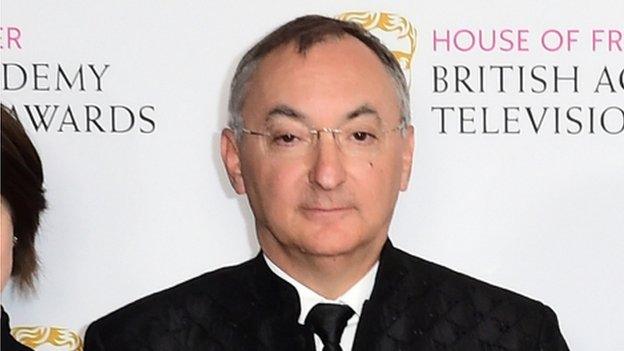
Director Peter Kosminsky was outspoken in his defence of the BBC at the Baftas
Many outsiders - such as Peter Kosminsky, the director of Wolf Hall - agree: he says government appointees would undermine trust in the BBC's impartiality around the world. Expect a row.
Those who would radically reform the BBC have not gone away completely empty-handed.
The BBC will be given a new mission statement, not just to inform, educate and entertain but to do so in a way that is impartial, high-quality and distinctive.
But what exactly does that mean? How exactly can it be enforced? Mr Whittingdale himself insists "emphatically" that being distinctive "does not mean not being popular".
But the debate about balancing the BBC's need to be popular - after all, everyone pays for it through the licence fee, so everyone must get something from it - and its need to be distinctive - because licence-fee funding is a peculiar privilege the BBC must earn by showing it is different from commercial broadcasters - has been going on for decades.
This White Paper does not resolve it, nor does it reframe that debate in significantly different terms.
- Published12 May 2016
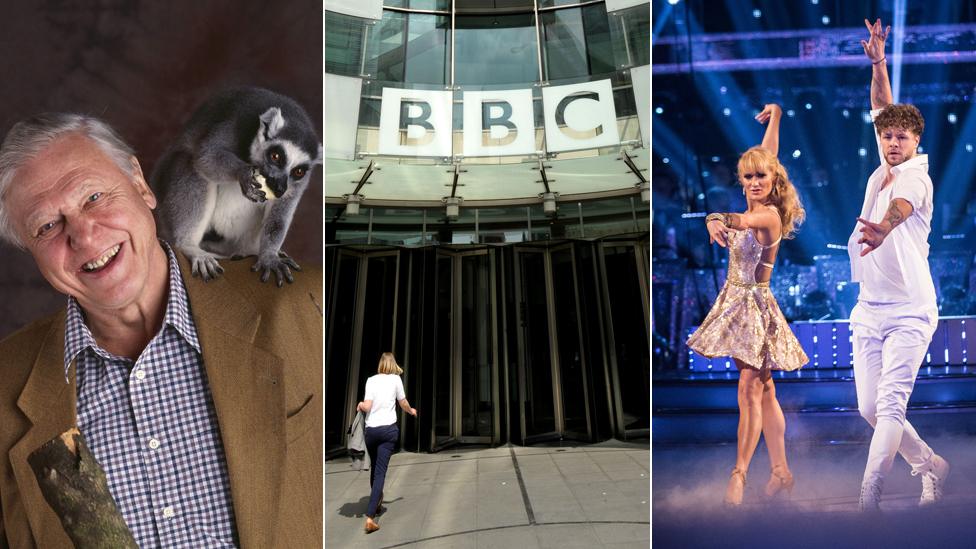
- Published12 May 2016
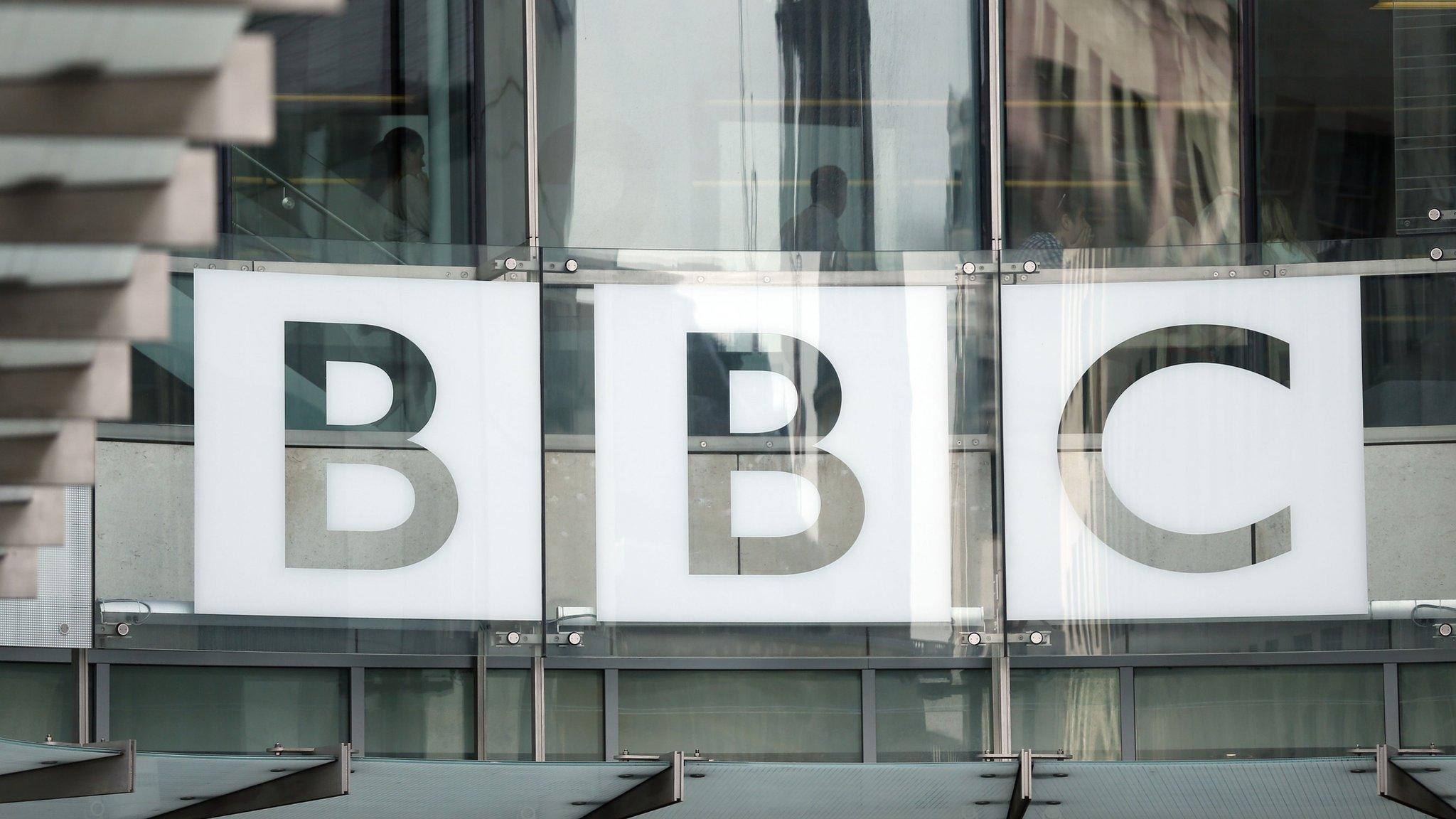
- Published12 May 2016
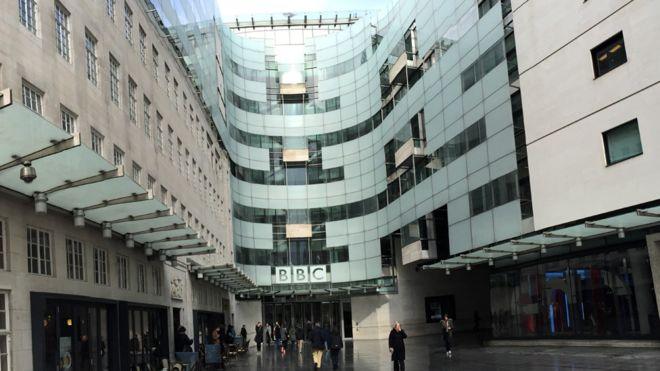
- Published12 May 2016
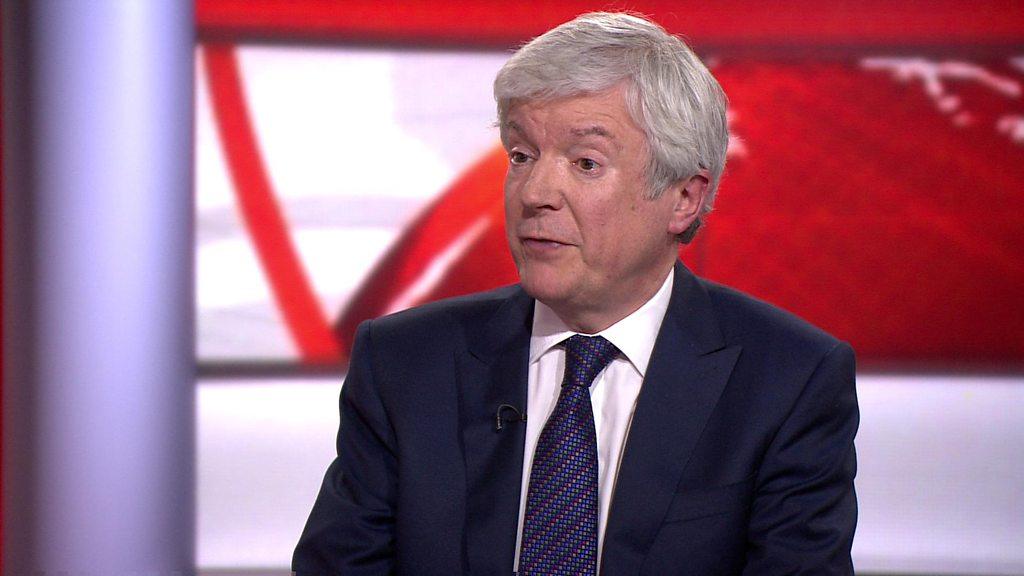
- Published12 May 2016
